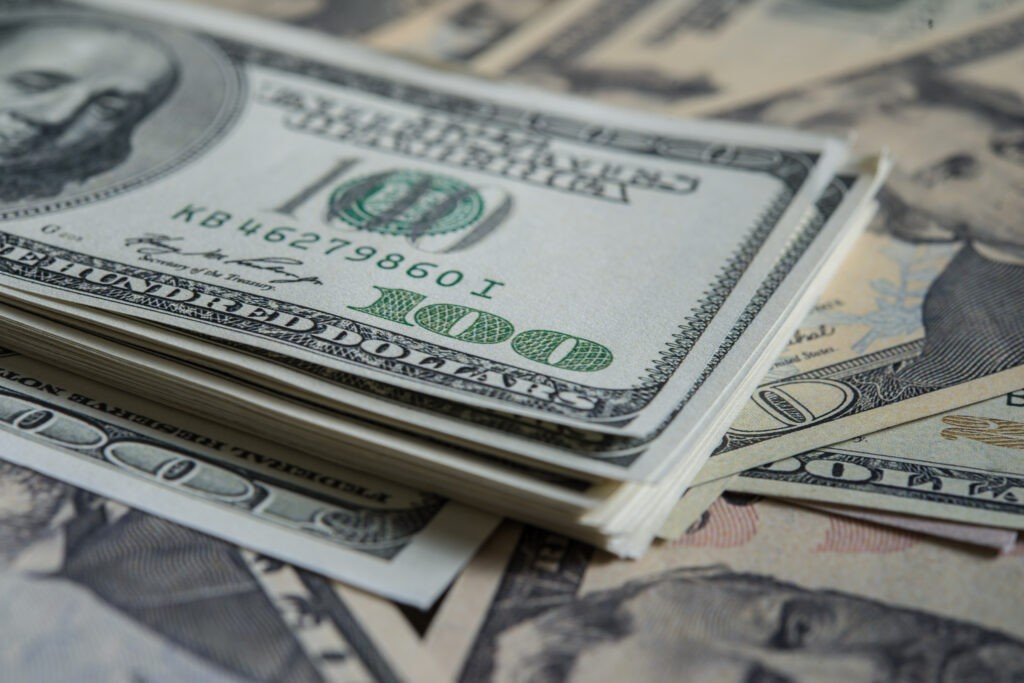
Rivalry with China, fallout from Russia’s war in Ukraine, and wrangling once again in Washington over the U.S. debt ceiling have put the dollar’s status as the world’s dominant currency under fresh scrutiny. Russia’s sanctions-imposed exile from global financial systems last year also fuelled speculation that non-U.S. allies would diversify away from dollars. Below are some arguments why de-dollarization will happen – or possibly why it won’t. The dollar share of official FX reserves fell to a 20-year low of 58% in the fourth quarter of 2022, according to International Monetary Fund data.
Stephen Jen, CEO of Eurizon SLJ Capital Limited, said that shift was more pronounced when adjusted for the exchange rate. “What happened in 2022 was a very sharp plummet in the dollar share in real-terms,” Jen said, adding this was a reaction to the freezing of half of Russia’s $640 billion in gold and FX reserves following its 2022 invasion of Ukraine. This had sparked a re-think in countries such as Saudi Arabia, China, India, and Turkey about diversifying to other currencies.
The dollar share of central banks’ foreign reserves in the final quarter of 2022 did hit a two-decade low, but the move has been gradual, and it is now at almost the same level as 1995. Central banks put rainy day funds in dollars in case they need to prop up exchange rates during economic crises. If a currency weakens too much against the dollar, oil and other commodities traded in the U.S. currency become expensive, raising living costs and fueling inflation.
Many currencies, from the Hong Kong dollar to the Panama balboa, are pegged against the dollar for similar reasons. The almighty dollar has had a lock on commodity trading, allowing Washington to hinder market access for producer nations from Russia to Venezuela and Iran. But trade is shifting. India is purchasing Russian oil in UAE dirhams and rubles. China switched to the yuan to buy some $88 billion worth of Russian oil, coal, and metals. Chinese national oil company CNOOC and France’s TotalEnergies completed their first yuan-settled LNG trade in March.
After Russia, nations are questioning, “what if you fall on the wrong side of sanctions?” “BNY Mellon strategist Geoffrey Yu. The yuan’s share of global over-the-counter forex transactions rose from almost nothing 15 years ago to 7%, according to the Bank for International Settlements (BIS).